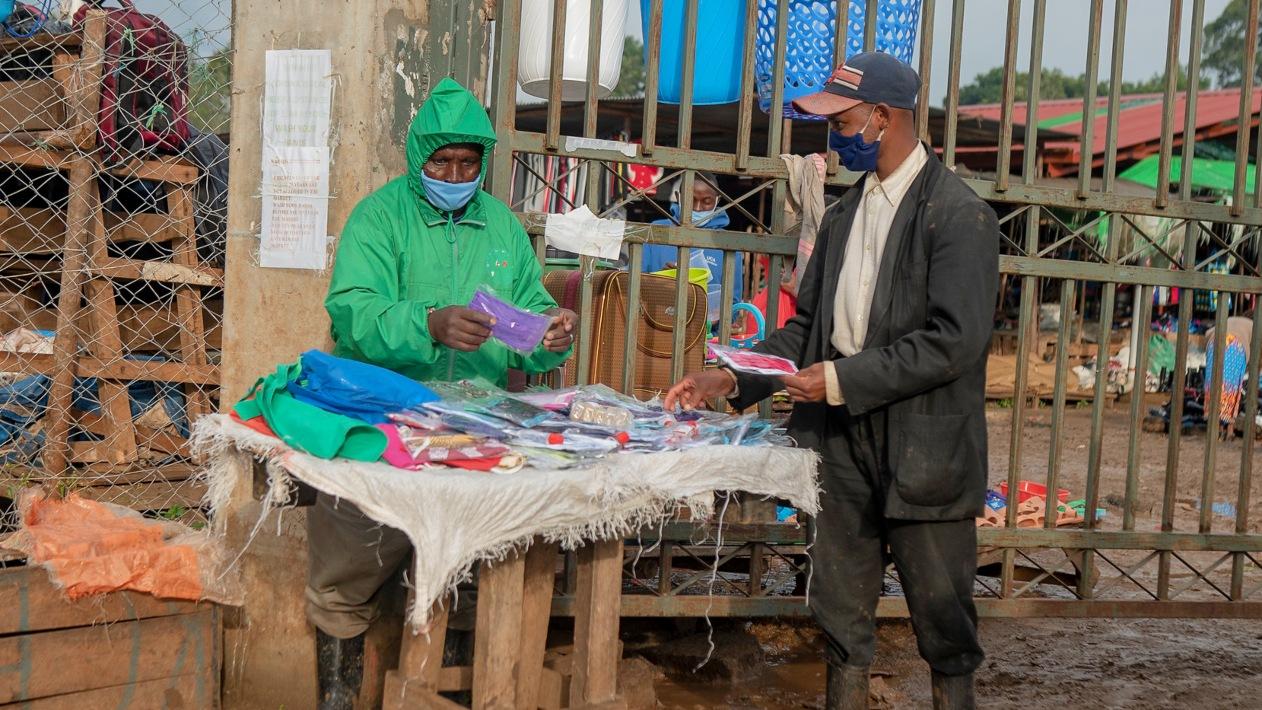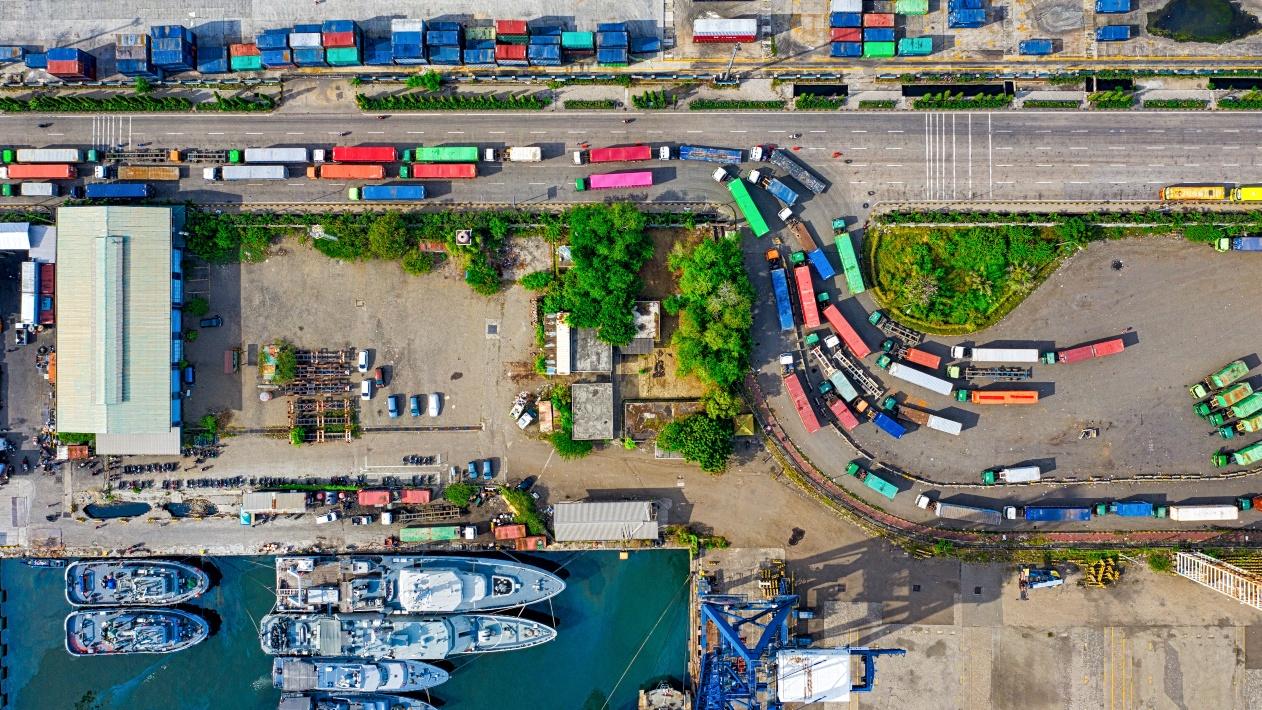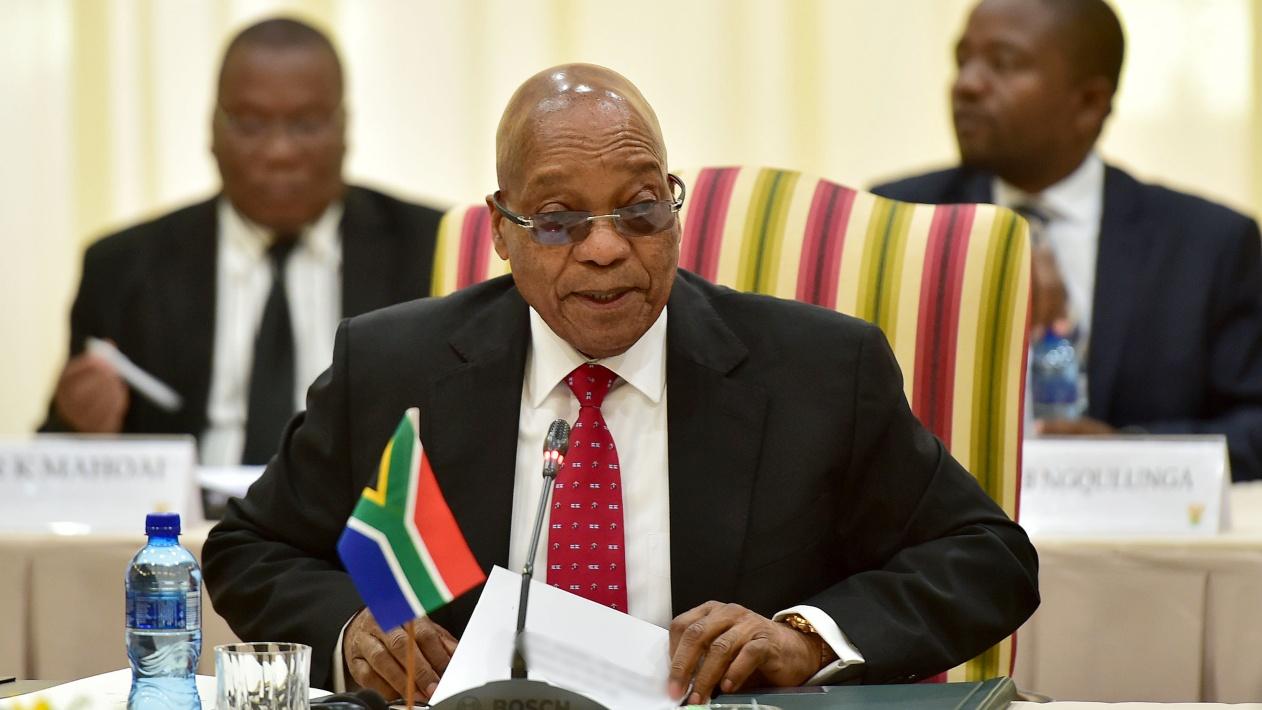The outbreak of the COVID-19 pandemic took the world unawares, tested the resilience of global health systems, and almost brought countries with ill-equipped health systems to collapse. It brought unprecedented disruptions in the worldwide supply chain that precipitated upheavals in society. Uche Igwe argues that the declining trust among the public towards government institutions and deliberate corruption were among the critical factors that affected the country’s overall response to the pandemic.
By early September 2022, about 605 million persons had been infected by COVID-19, leading to about 6.5 million deaths globally. The virus was novel, and so were the interventions to contain it. However, as the virus raged on and interventions rolled out, many citizens remained sceptical of the government and their efforts to curb the disease. For a country like Nigeria, where government corruption is rampant, public distrust is deep, fuelled by past experiences of failed promises.
Although the pandemic was devastating to the health and economy of the world, corruption only made it worse. There were reported cases of artificial inflation, the proliferation of fake and counterfeit goods and wastage of public resources under the guise of COVID-19 response. This is in addition to the fact that corruption in the health sector already costs the world an estimated $500 billion per year with severe consequences on access, quality and efficiency of health services. Governments made rapid policy decisions and incurred huge public expenditures to fight the pandemic. Just like during the Ebola crisis in 2013, where about $1 billion of international public and private funds were mismanaged and diverted, this compromised measures to contain the pandemic.
COVID – 19 left a legacy of rising poverty and widening inequality. According to estimates from the World Bank, 97 million people lived on less than $1.90 a day in 2021 due to the pandemic. Documented corrupt practices during COVID -19 pandemic include grand corruption schemes involving highly placed political actors, petty corruption involving service delivery personnel and corruption in procurement and contracting processes. Many emergency scenarios are characterised by fast responses and lax checks and balances. The government loosened the regulatory environment to expedite responses.
Hastened procurement and waived processes provided fertile ground for corruption
In many countries with weak institutions, the response to the virus provided new opportunities to exploit the weaknesses in the system to divert funds and food supplies away from the ordinary people who need them most. To hasten procurement, the usual processes, such as open competition and scrutiny, were waived to obtain essential supplies quickly. Justifiably, many governments had to cat in haste without verifying suppliers or determining fair prices. This allowed dishonest merchants and collaborators to bring in faulty products. There were cases of informal payments, favouritism and nepotism.
Worldwide evidence of large-scale corruption during the pandemic affected the resources destined to fight it. Transparency International found that five months into the pandemic, the Nigerian government purchased some goods at 25 times the original price. Corruption in service delivery was identified in more than 30 countries. The sense of urgency, increased demand, and shortage of essential supplies like ventilators and personal protection equipment (PPEs) necessitated the relaxation of checks and balances. It caused a strain on the global supply chain, making them vulnerable to corruption. Many contracts were issued without competitive bids.
Details of expenditure of resources mobilised remain sketchy
Massive resources were mobilised nationally and globally to address both what was a health crisis and its economic side effects. For instance, Nigeria received $3.4 billion in emergency support to address the COVID-19 pandemic from the International Monetary Fund (IMF). Furthermore, a total of $6 billion was raised by other donors as complementary support to the Nigerian government. The World Bank approved an additional $400 million credit as additional financing to support vaccine acquisition. Official sources said that 2.6 million households received 20,000 naira each between January and April 2020 under the conditional cash transfer program. The details of how the billions of naira donated under the Nigerian Private Sector Relief Fund Against Covid 19 (CACOVID) was spent remain hazy and unaccounted for to date. The Nigerian government’s claim that it paid 5 billion naira worth of palliatives to the transportation sector is still surrounded by controversy. Another 56 billion naira was allegedly disbursed to small and medium-scale enterprises as a survival fund. The distribution of cash grants and food support to food-insecure communities was wrought with irregularities.
Palliatives were diverted for partisan purposes away from those who needed them most
Civil society organisations like BudgIT revealed how palliatives meant for the public were hijacked by politicians and distributed only among party loyalists. Although a six-month expiry date is required for imported vaccines, the story of how about one million doses of vaccines were procured by the Nigerian government just before their expiration remains a mystery. Although official sources confirmed that 500 billion naira was injected into the budget to fund emergency expenditure during the pandemic, there were no detailed disclosures about the processes undertaken to procure the items mentioned. Furthermore, the Global Fund, a partnership designed to accelerate the elimination of AIDS, tuberculosis and malaria had revealed that $19.6 million of COVID 19 related procurements were awarded to contractors with unregistered companies without adequate financial statements. The Independent Corrupt Practices and other Related Offences Commission (ICPC) confirmed discrepancies and infractions in the procurements and payments made by government agencies after the disbursement of COVID-19 funds.
Anecdotal evidence of corruption points to the need for more scrutiny
Anecdotal evidence indicates that corruption affected the response to the pandemic, but the extent must be determined. Prominent human rights lawyer Femi Falana decried the hoarding of palliatives and accused the Nigerian government of being neither transparent nor accountable in their management of the pandemic. Media reports indicate how the disbursement of the 50 billion naira COVID-19 loan to small businesses was negatively affected by a lack of transparency and inefficiency. Stakeholders further complained that the usage of the one trillion naira meant to be disbursed to manufacturers fell short of expectations.
All of this point to the need for a comprehensive evaluation of the COVID-19 response to identify lessons for the future. Civil society groups have pushed for this kind of interrogation in the past, and one went to court seeking relief to compel the Central Bank of Nigeria to account for how donations received were spent. Many people remain concerned, while others have called for either a probe or a comprehensive audit. Fingers point to government agencies and public officials who have responded with mute indifference amidst widespread allegations of mismanagement. Either way, it is clear that new investments should be made to strengthen our institutions and enhance relevant anti-corruption policies. For instance, Nigeria’s whistle-blower protection policy needs to be more robust and citizen-friendly. Specific multi-stakeholder initiatives that include civil society and the searchlight of transparency in the health sector could be potentially helpful.
Photo: The United States Delivers COVID-19 Vaccine Doses to Nigeria. Credit: UNICEF Nigeria






Are there on going cases in court on covid 19